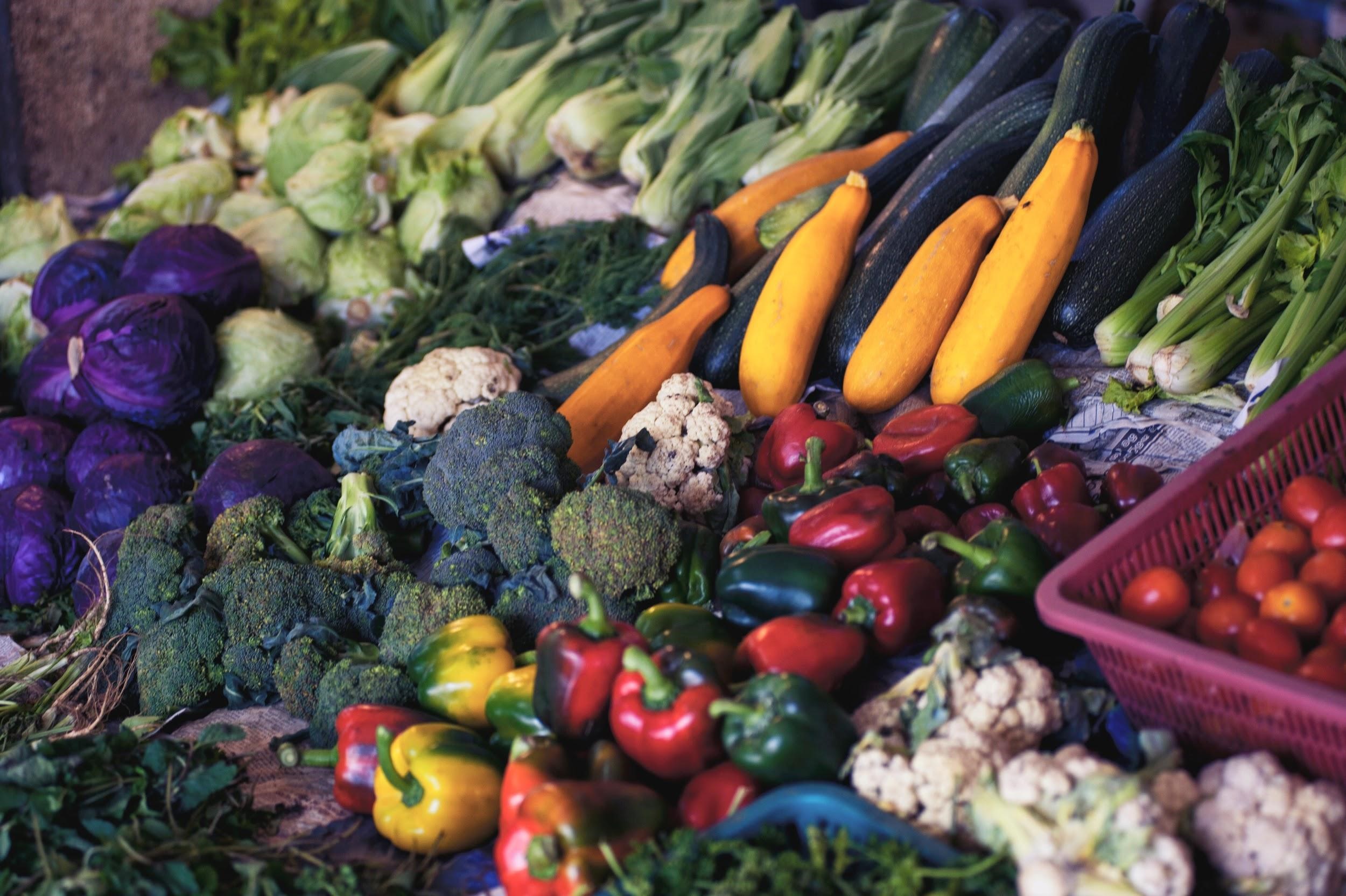By: Kenda Hettinger, a recent ASU Nutrition Student

The Mediterranean diet comes from the areas of Italy, Greece, Spain, Portugal, and (southern) France. These are the countries that are along the north of the Mediterranean sea. Their climate/area is great for growing vegetables and fruits. Since they are located along the sea, fish is a staple in their diet. The Mediterranean diet began to gain popularity in the 1960s due to coronary heart disease deaths being low in that region.
What is included in the Mediterranean diet?
- Daily consumption of vegetables, fruits, whole grains, and healthy fats
- Weekly intake of fish, poultry, beans, and eggs
- Moderate portions of dairy products
- Limited intake of red meat
What makes the Mediterranean diet so healthy?
- It is plant-based, not meat-based. This doesn’t mean that they eat no meat, it just means that they eat more plants than meat.
- It focuses on whole foods, not ultra-processed convenience foods. An example of a whole food would be a carrot and its ultra-processed counterpart would be veggie chips. It is always better to eat the whole carrot.
- I switch the bad fats for heart-healthy fats. Think whole foods here again; seeds, nuts, avocado, and fish.
Tips for implementing the Mediterranean diet into your own diet:
- Eat more vegetables and fruits. Think 7-10 servings a day, not our recommended 5 servings.
- Experiment with vegetables for breakfast. Add peppers and onions (or other vegetables) to your eggs or try a sweet potato hash.
- Snack on raw vegetables instead of looking for a “healthy” chip. Celery has a surprisingly salty taste.
- Switch to whole grains (multigrain is not the same). Whole grain pasta, whole grain bread, unsweetened oats.
- Eat fish twice a week. Avoid fried fish but opt for grilled instead.
- Opt for lentils or beans as your protein source a few meals a week.
- Go for healthier fats. Instead of spreading butter on your toast, tried an olive oil dip.
- Reduce your red and processed meat consumption.
Resources
http://www.whfoods.com/genpage.php?tname=george&dbid=218
Photo by Alexandr Podvalny on Unsplash

